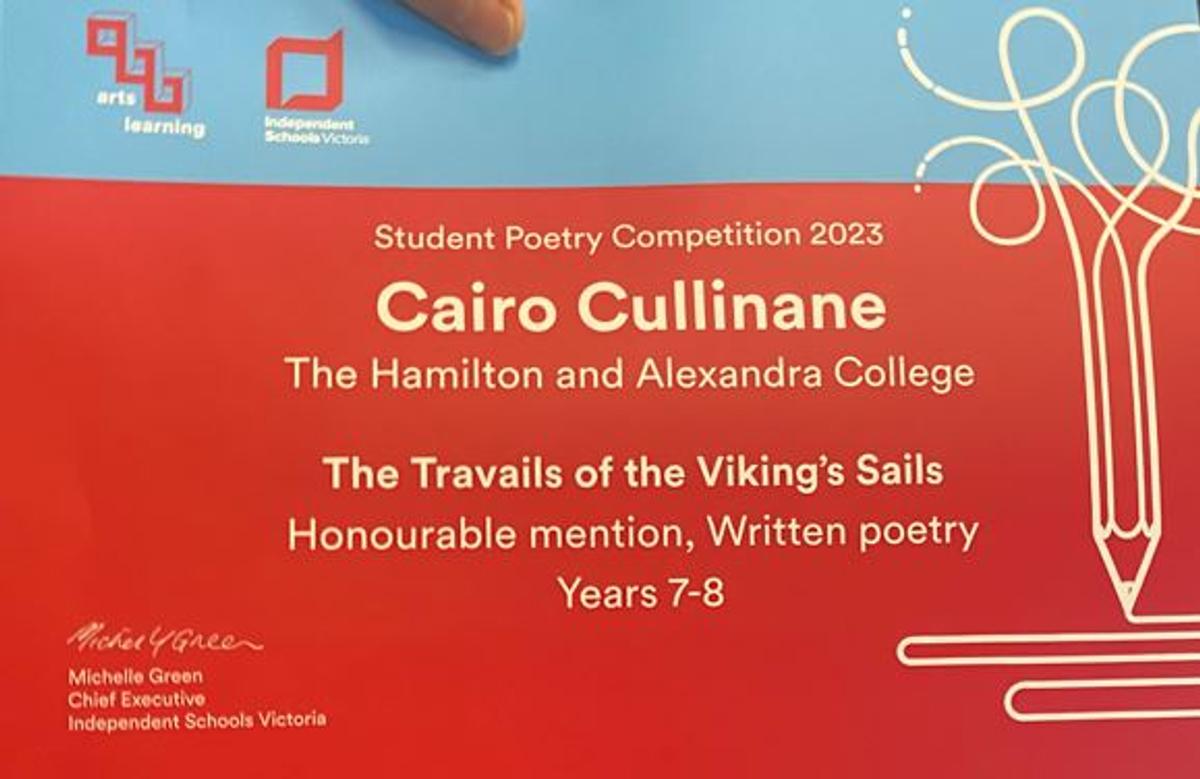Middle Years
- Mr Ben Hawthorne

Middle Years
- Mr Ben Hawthorne
Over the holidays I read an article on the importance of friendships for adolescents. While young children rely on their parents for social interactions and influences, there’s a notable switch during adolescence, where the influence from peers and friends becomes more important.
These friendships are especially important during the adolescent years. They seem to protect against some problems with emotions and behaviour, and it also appears that our brains can even become synchronised with our friends. Some recent research has also shown that having roughly five friends during the beginning of adolescence is beneficial for learning, mental health, and educational performance.
Too few friends means that you have no one to interact with if some of them are busy or unavailable and too many friends means that they are probably not very closely connected to you. There is, therefore, a trade-off between the quantity and quality of friendships. This is where the research showed that five was the sweet spot of friends, not too many and not too few.
But what happens when friendships change?
Adolescence is also a time when friendships tend to change which can cause friends to drift apart. When this happens, it can be a turbulent time and it’s often in the second half of the school year that this occurs.
Everyone goes through changes in their lives. Sometimes, these changes can cause friends to drift apart when their needs aren’t being met or interests are no longer shared. This is common and something many people go through, as friendships may change for many reasons. For example, friends may move away or switch schools, start a new “dating” relationship, become heavily involved in other curricular activities, hobbies or interests or, simply, friends go their separate ways.
If a friendship (or friendships) change, it’s OK to feel sad, hurt, jealous or even angry about the situation, but Headspace suggests the following are some useful ways to cope:
Social interactions are important for the adolescent brain, cognition and social development, so having good friendships is an important part of schooling and the Middle Years.


This competition is run annually to celebrate talents of Independent Schools students across Victoria. This year the theme was “Journeys”. Given the content of our History curriculum and the nature of many of my students, I offered the information to my students and several had a go.
There were over 600 entries across all age groups, and many of the winning poems were well over 100,000 words. Students could choose to write or perform a poem.
Congratulations to Cairo Cullinane, who received an Honourable Mention, listed as second out of 21. Cairo should be proud of his participation and achieving this result.
If you are interested to know more, go to: Student Poetry Competition 2023: Year 7 – 8 Winners | Arts Learning Festival. From this page you can also choose other year levels or go to the winners page and read the poems that were chosen by the judges.
Margaret Simkin
History Teacher